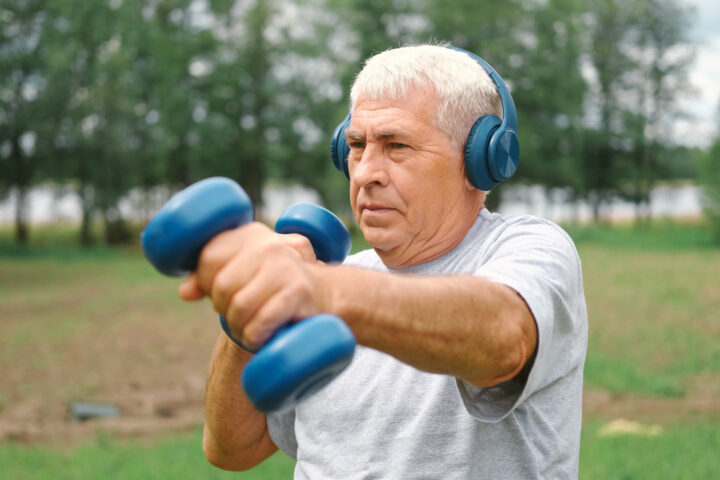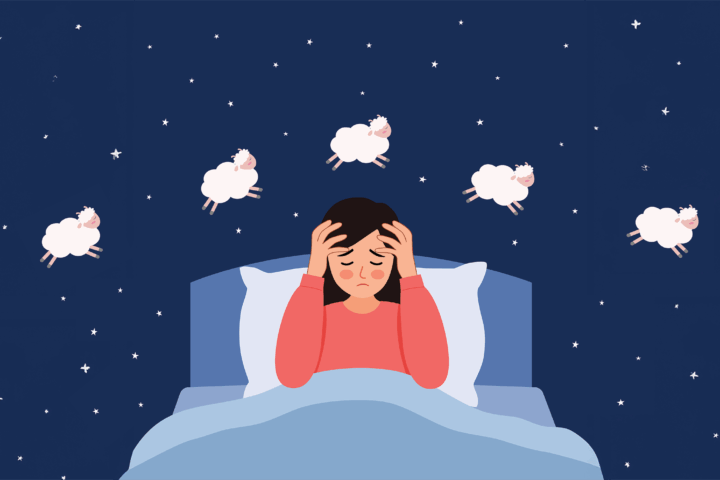Aging is seen as inevitable by many, but how we age is increasingly understood to be something within our control. From managing stress to engaging in physical activity, self-care practices are being recognized as crucial elements in maintaining quality of life as we grow older. Recent studies show that healthy aging involves more than just the absence of disease; it’s about nurturing physical, mental, and emotional well-being throughout the lifespan.
The Physical Side of Self-Care: Move It or Lose It
Physical activity remains one of the most significant contributors to healthy aging. Exercise not only keeps the body fit but also benefits the brain. For example, a 2019 meta-analysis found that moderate to vigorous physical activity reduced the risk of developing cognitive disorders, including Alzheimer’s disease. This shows that staying active can help maintain both physical and mental faculties well into older age.
Even those who start exercising later in life can reap significant benefits. Take the inspiring example of a 75-year-old South Korean grandmother who became an award-winning bodybuilder. Initially, she began exercising to manage the pain from spinal stenosis, but it turned into a passion that saw her competing alongside individuals half her age. This case underlines that it’s never too late to start prioritizing physical health through movement and exercise (McKinsey & Company).
The Mental Side of Self-Care: Mind Over Matter
Mental health plays a critical role in aging well. Conditions like stress, depression, and anxiety can have profound impacts on both physical and cognitive health. Research shows that prolonged stress not only alters brain function but also accelerates cognitive decline, making stress management a crucial aspect of self-care for older adults. Regular mindfulness practices, engaging in hobbies, and maintaining strong social connections can help mitigate these effects.
Depression is also a silent threat among older adults, often manifesting differently than in younger populations. Many older adults may feel numb or disconnected rather than overtly sad, making the condition harder to detect. Addressing depression early through therapy, social engagement, and physical activity can help mitigate its impact on overall health (National Institute on Aging).
Social and Emotional Wellness: Don’t Underestimate Connection
Social isolation and loneliness are more than just uncomfortable; they’re dangerous. A significant body of research links loneliness in older adults with increased risks of heart disease, cognitive decline, and even mortality rates comparable to smoking and obesity. Social connections offer more than emotional comfort—they are key to a longer, healthier life.
Older adults who stay socially active often report better physical and mental health. A study highlighted that socially engaged older adults were more likely to meet their physical activity goals, demonstrating that emotional and social wellness often translates into better overall self-care routines (National Institute on Aging,McKinsey & Company).
Prevention is Better Than Cure: Routine Health Checks
Regular health screenings are essential for detecting diseases early when they are most treatable. Conditions like diabetes, high blood pressure, and certain cancers often progress without obvious symptoms, making routine check-ups invaluable. Studies have shown that older adults who attend regular medical appointments report improved quality of life and are more likely to catch chronic diseases early, which can lead to better outcomes.
The importance of proactive healthcare extends beyond check-ups. Innovations in medical testing now allow doctors to detect harmful changes in the body long before symptoms appear, providing new opportunities for early intervention and better health outcomes (National Institute on Aging).
Making Healthy Aging a Global Priority
To promote healthy aging on a broader scale, researchers emphasize the need to invest in prevention and lifestyle interventions that support mental, physical, social, and spiritual health. The focus on these areas could significantly reduce the burden of age-related diseases. A study by the McKinsey Health Institute outlined six critical shifts needed to support healthy aging globally, including improving brain health, promoting physical activity, and addressing social isolation.
Countries that invest in prevention, including lifestyle changes and better social support structures, often see better health outcomes among their older populations. Addressing non-clinical factors like housing, social connections, and community engagement is crucial, as these elements play an even more substantial role than direct medical care in determining health outcomes (McKinsey & Company).











